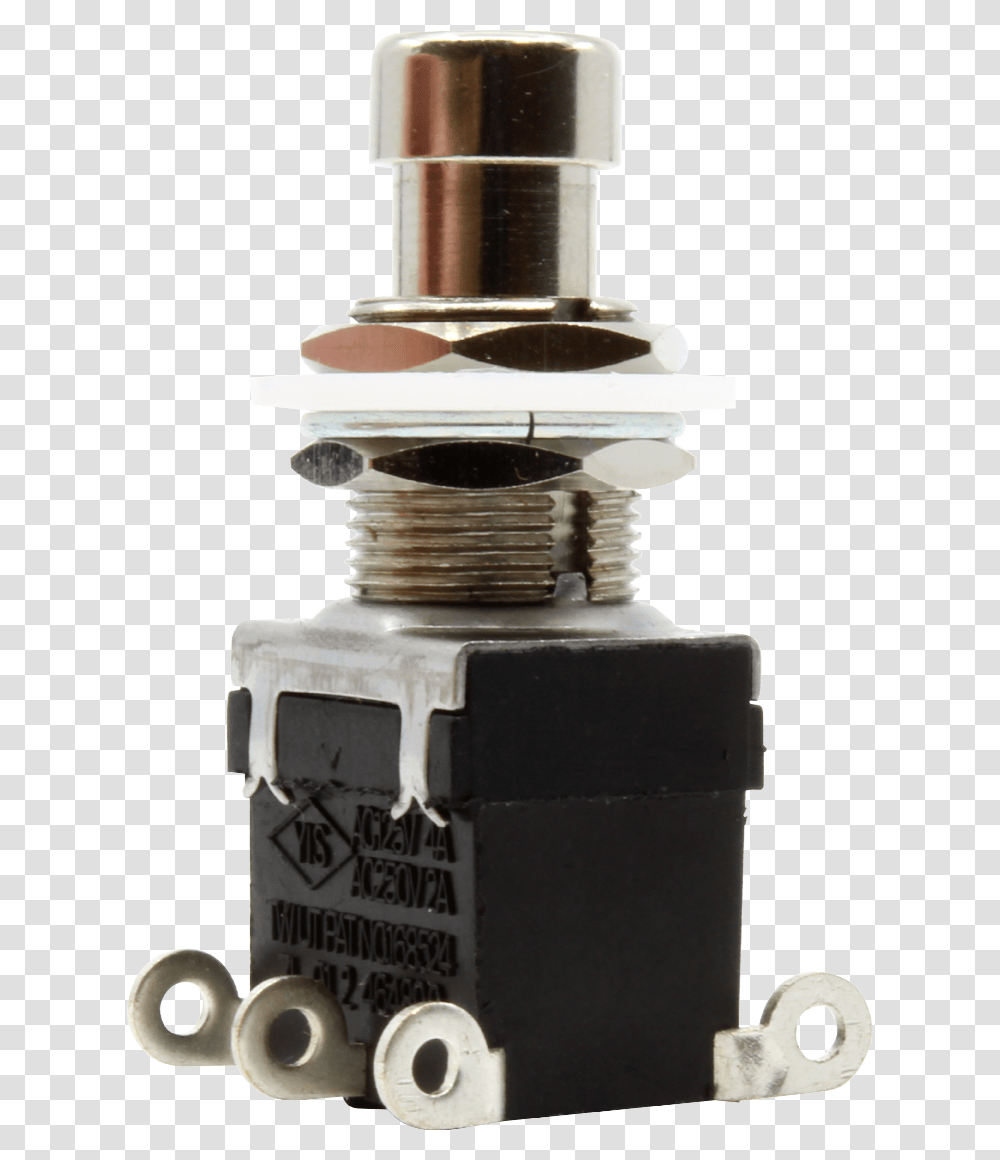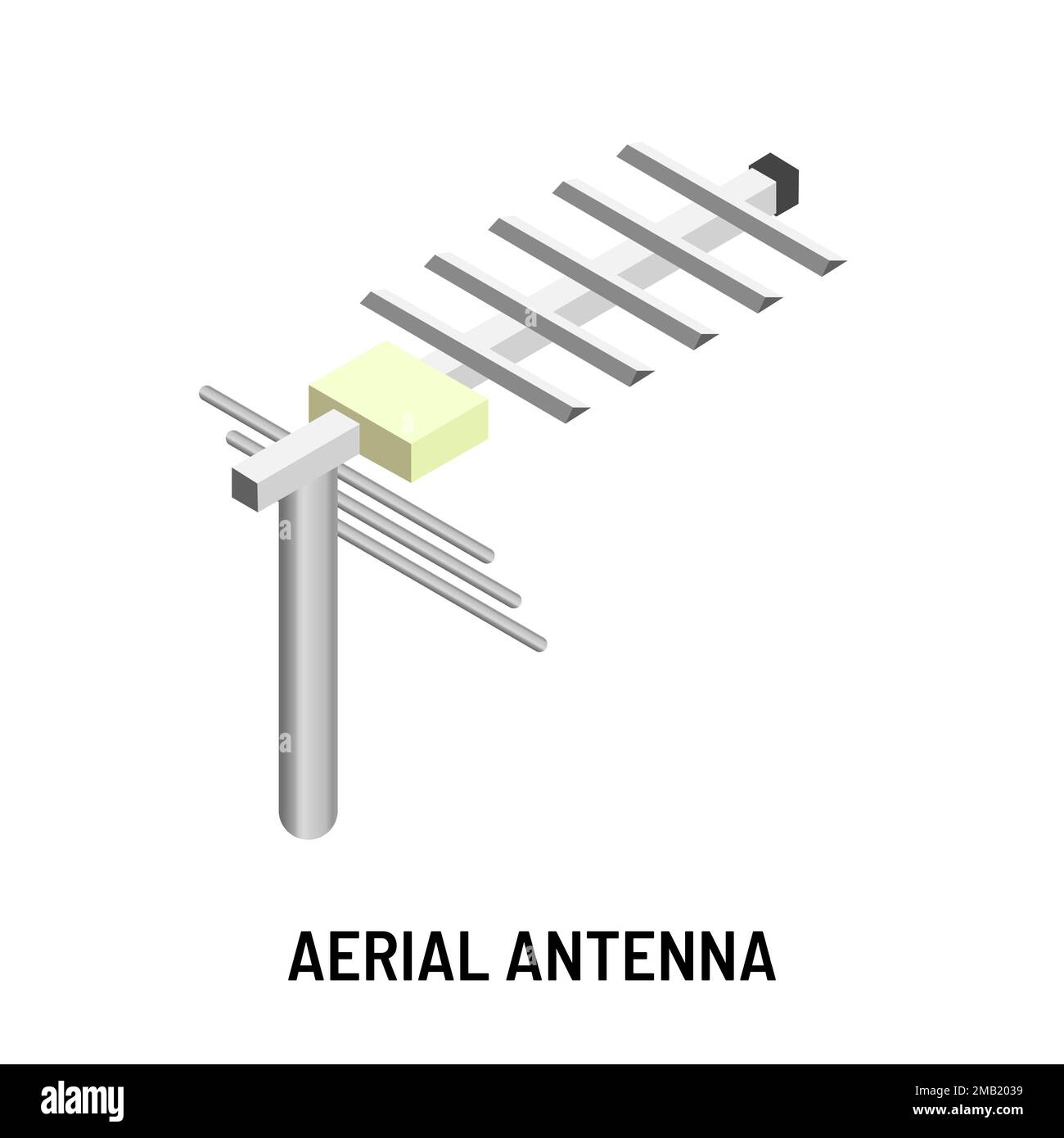Unveiling the Complexities of Is A Television Considered An Appliance Or An Electronic Device?
Is A Television An Appliance Or An Electronic Device?
In today’s bustling world, our homes are adorned with a plethora of devices that enhance our lives. Among these, one ubiquitous presence is the television. But have you ever paused to ponder whether your television is an appliance or an electronic device? This seemingly simple question delves into a realm of technical distinctions and functional nuances.

The Convergence of Appliances and Electronic Devices
While the lines between appliances and electronic devices are often blurred, traditional appliances are typically characterized by their dedicated functionality and lack of computational capabilities. Electronic devices, on the other hand, often integrate computing power, allowing for more advanced operations and connectivity.

Classifying the Television: Appliance or Electronic Device?
Based on these definitions, a television falls under the umbrella of electronic devices. It possesses computational capabilities, enabling it to receive, decode, and display television signals. Moreover, modern televisions often feature smart TV functionality, allowing for internet connectivity, streaming services, and app usage.

Personal Experience and Insights on Classifying Televisions
As a seasoned technology enthusiast, I’ve had the privilege of witnessing the evolution of televisions firsthand. From the days of bulky CRT sets to today’s sleek, feature-rich smart TVs, the transformation has been remarkable. This journey has reinforced my understanding of televisions as electronic devices, bridging the realms of entertainment and technology.

The History and Evolution of Televisions
Tracing the history of televisions reveals a compelling narrative of innovation. From the mechanical television systems of the early 20th century to the digital marvels we enjoy today, televisions have undergone a continuous metamorphosis. This evolution has been driven by advancements in electronics, solidifying their classification as electronic devices.
![]()
Unveiling the Hidden Secrets of Televisions
Beyond their entertainment value, televisions harbor a wealth of hidden secrets. The complex circuitry within enables them to process and display intricate images and sounds. Understanding these inner workings provides a deeper appreciation for the technological sophistication of these seemingly mundane devices.
![]()
Expert Recommendations for Choosing a Television
Selecting the ideal television for your needs requires careful consideration. Experts recommend evaluating factors such as screen size, display technology, sound quality, and smart TV features. By understanding these aspects, you can make an informed decision that aligns with your preferences and usage scenarios.

Latest Trends in Television Technology
The world of television technology is constantly evolving. Emerging trends include the adoption of OLED and QLED display technologies, the integration of artificial intelligence, and the rise of personalized viewing experiences. Embracing these advancements ensures that your television remains a state-of-the-art addition to your home.

The Future of Television: Immersive and Interactive
As technology continues to advance, the future of television promises to be even more immersive and interactive. Virtual and augmented reality technologies may transform our viewing experiences, blurring the lines between reality and entertainment.
![]()
Fun Facts about Televisions
Did you know that the first television broadcast occurred in 1928? Or that the average American watches over four hours of television per day? These fascinating tidbits provide a glimpse into the cultural and technological significance of televisions.

Troubleshooting Common Television Issues
Like all electronic devices, televisions can occasionally experience technical difficulties. Understanding common problems, such as picture distortions, sound issues, and remote control malfunctions, can help you resolve them efficiently.
The Ethical Implications of Television Ownership
While televisions bring entertainment and information into our homes, it’s crucial to consider the ethical implications of their use. Excessive television consumption can impact physical and mental health, and it’s essential to strike a balance between screen time and other activities.
Conclusion on Is A Television Considered An Appliance Or An Electronic Device?
In conclusion, a television is considered an electronic device due to its computational capabilities and advanced functionality. This classification reflects the convergence of appliances and electronic devices in our modern homes. By understanding the distinctions and complexities, we can make informed decisions about the role of televisions in our lives and embrace the technological advancements that continue to shape our entertainment experiences.